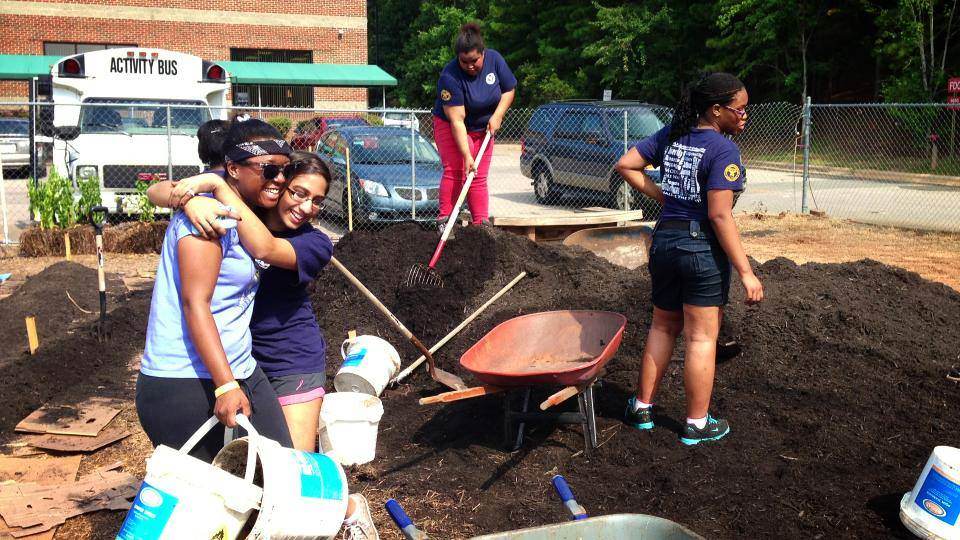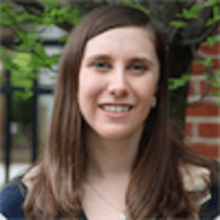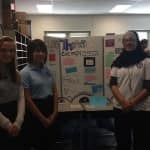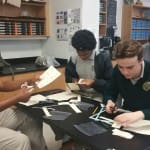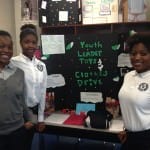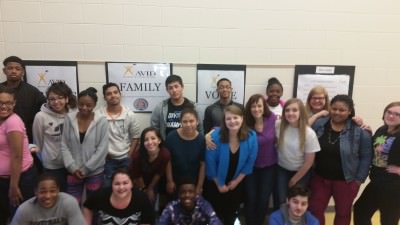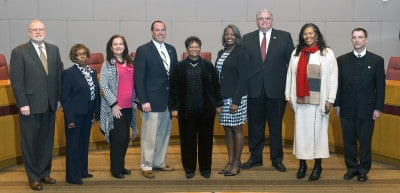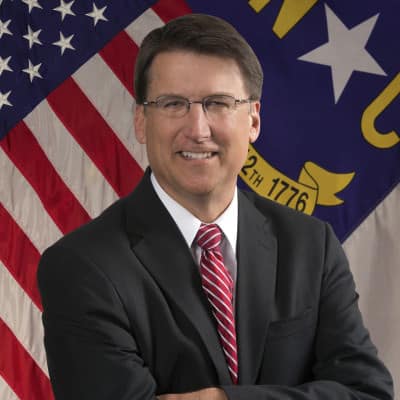According to the Corporation for National & Community Service, North Carolina ranks 28th in the nation in volunteerism, with just over 26 percent of citizens participating in service each year. Our state’s teen volunteer rates are even lower, with just 19.6 percent of teens volunteering, compared to a national average of 26.7 percent.
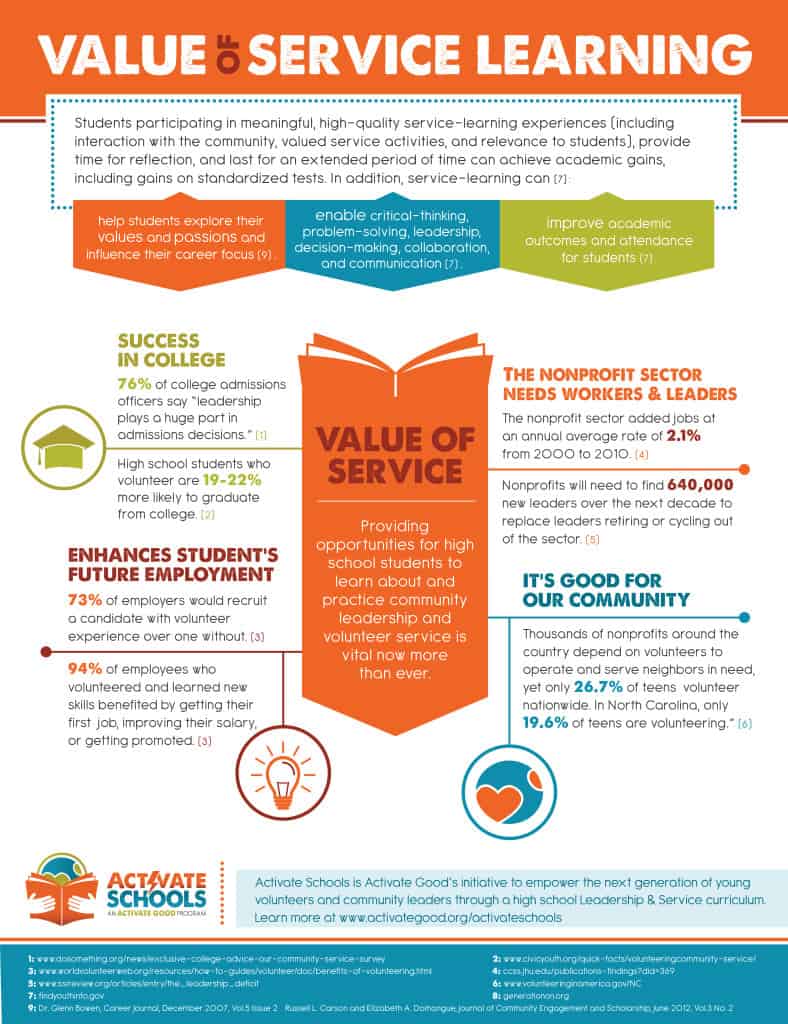

As a nonprofit volunteer center serving the Triangle, Activate Good has made it our mission to see those numbers increase, specifically in our local community, since launching in 2005. On a day-to-day basis, our organization works to connect individuals, groups, and companies to volunteer needs with nearly 290 charities in the Triangle. Our volunteer base has nearly tripled over the past three years and now includes close to 9,000 volunteers – but there’s a long way to go if we aspire to reach our ultimate vision of the Triangle as #1 in volunteerism in the nation.
Engaging schools as partners in bolstering youth volunteerism can make a major difference in achieving this goal.
If all students in Wake County Public School System alone volunteered, our community’s volunteer rate would jump an estimated 5 percent, getting us a bit closer to that coveted #1 spot. But we know that it’s not that easy.
With limited manpower and resources, many schools still struggle to meet their academic goals, and find themselves unable to prioritize pursuing a vision for youth volunteer engagement.
Activate Good believes – and research supports – that youth volunteer engagement and academic and career success aren’t mutually exclusive.
Empowering teens to volunteer makes them more employable, more attractive applicants to colleges and universities, and better prepared for the civic engagement activities in which they will be expected to participate beyond high school.
At Activate Good, we’ve reached a critical moment of opportunity to assist schools in being a part of the youth volunteerism conversation. In 2008, we launched our Activate Schools program, an initiative to empower young volunteers and community leaders through a service-learning curriculum titled “Community Leadership & Service” to be utilized in participating local high schools. Since then, the course has been piloted and utilized with promising results in high schools in Raleigh and Durham, including Broughton High School, East Wake High School, NC School of Science and Math, and the Wake Young Men’s and Wake Young Women’s Leadership Academies.
Ultimately, this is the course that we as avid volunteers wish we could have taken back in high school. We’ve seen first-hand that it has the ability to challenge the high achievers and spark the interest and attention of those students who may not be all that interested in nor attentive to standard classroom subjects. Students have real conversations about relevant issues in their communities, examine social issues from a global perspective, and develop a plan for individual and group action. As a capstone requirement, each class wins a small grant from Activate Good in order to implement a class-wide service project, proposed and led by a small group of their peers.
At the end of each semester, I have the privilege of going into our partner schools and questioning students pitching their service project ideas. “How did you get connected to this organization?” and “What inspired you to investigate this issue?” are two of my favorite questions to ask students. More often than not, we find that this course inspires teens to begin conversations with their family members and neighbors who are already connected with community organizations. They recognize that adults in their lives might already volunteer regularly, or get interested in the reasons that they might not volunteer at all. This is the true power of social capital, and an amazing way for teens to enhance not only their own lives through service, but bolster the community’s volunteer engagement as a whole.
We also ask the students to self-report some of the reasons that they might not volunteer as much as they might like to or think they should. At the beginning of the course, “I do not have skills that would be important to volunteer activities,”, “I don’t know where to volunteer,” and “I’m scared to try something new” always rank higher on the list than we expect. By the end of the course, students overwhelmingly report an increased confidence in their knowledge of community issues and their own ability to make an impact, and report that they are more likely to volunteer more in the next six months than they did in the previous six months.
Our dream, of course, is for every high school in the Triangle and inevitably all of North Carolina to embrace service-learning, to offer the Community Leadership and Service elective, and for North Carolina to become a leader in youth volunteering. But with respect to schools’ often limited capacity, we certainly don’t expect schools to take on this challenge alone. When Activate Good partners with a school to launch the Community Leadership & Service curriculum, we become a support system for the teacher and the classroom, a connector to community leaders, organizations, and resources, and offer not only the full curriculum – complete with eight units and an abundance of pre-developed, easy-to-execute lesson plans – but the training needed to confidently convey its vital content to young learners.
We invite high schools in the Triangle and beyond to reach out to us, to start a dialogue on how we can work together toward mutual goals of civic engagement and academic success.
In the end, volunteering is about exercising the ability to use one’s voice, to affect change on the community around you, to improve the self through positive action while improving conditions for others.
If young people can learn to do this and in turn benefit from the empowerment that service brings, it will complement and amplify the effects of a good education on their future lives.
